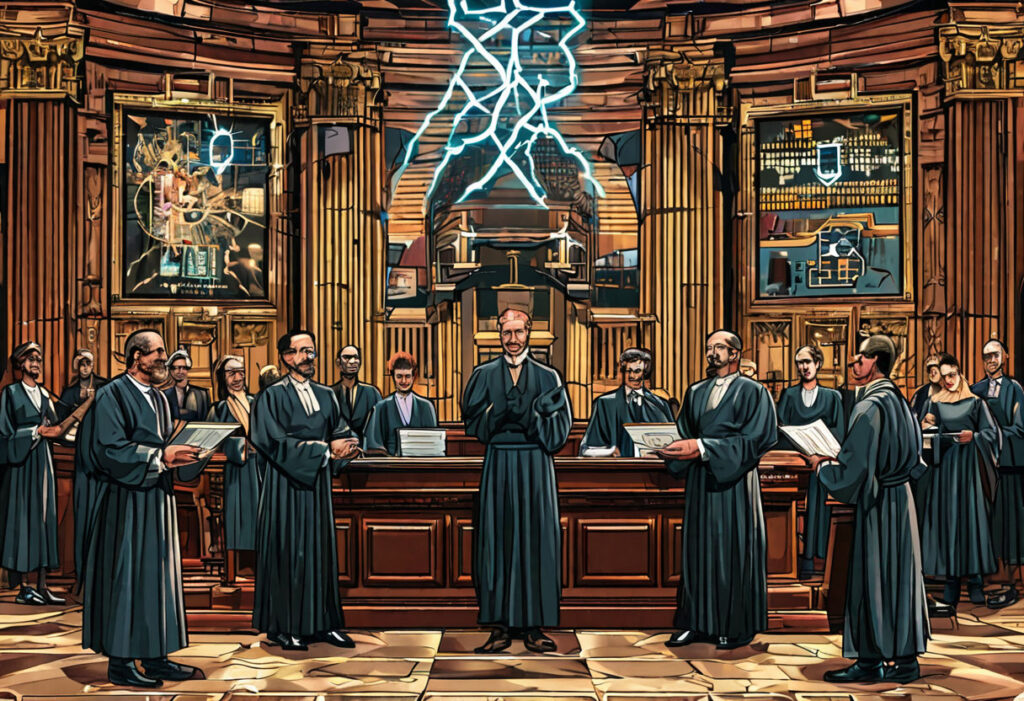The Legal Battle of Roman Storm and Tornado Cash: A Test for Crypto Privacy
Roman Storm, co-founder of Tornado Cash, faces a landmark trial that could redefine developer liability in cryptocurrency. Charged with money laundering and violating US sanctions, Storm’s case examines whether developers can be held accountable for misuse of decentralized tools like Tornado Cash, a protocol designed to enhance blockchain transaction privacy.
Understanding Tornado Cash and Its Controversy
Tornado Cash is an open-source, decentralized protocol that obscures blockchain transactions. Users deposit cryptocurrency and withdraw it to different addresses, making transactions harder to trace. While serving legitimate privacy needs, it has also been exploited for illicit activities, prompting sanctions by the US Treasury in 2022.
- Enhances transaction privacy
- Used by both privacy advocates and illicit actors
- Sanctioned by US Treasury in 2022
The Defense’s Position on Developer Liability
Storm’s defense maintains that Tornado Cash operates beyond his control, arguing that writing open-source code constitutes protected speech under the First Amendment. Legal experts warn that prosecuting developers for others’ use of their code could set a dangerous precedent for decentralized technologies.
Key Figures and Industry Response
The cryptocurrency community, including Ethereum co-founder Vitalik Buterin, has voiced support for Storm. Organizations like the Blockchain Association and Electronic Frontier Foundation have filed amicus briefs, underscoring the case’s broader implications for privacy and innovation in crypto.
Implications for Cryptocurrency’s Future
The trial’s outcome may influence similar cases worldwide, including the appeal of Alexey Pertsev, another Tornado Cash co-founder. This case highlights the ongoing tension between technological innovation and regulatory compliance in the evolving cryptocurrency landscape.

